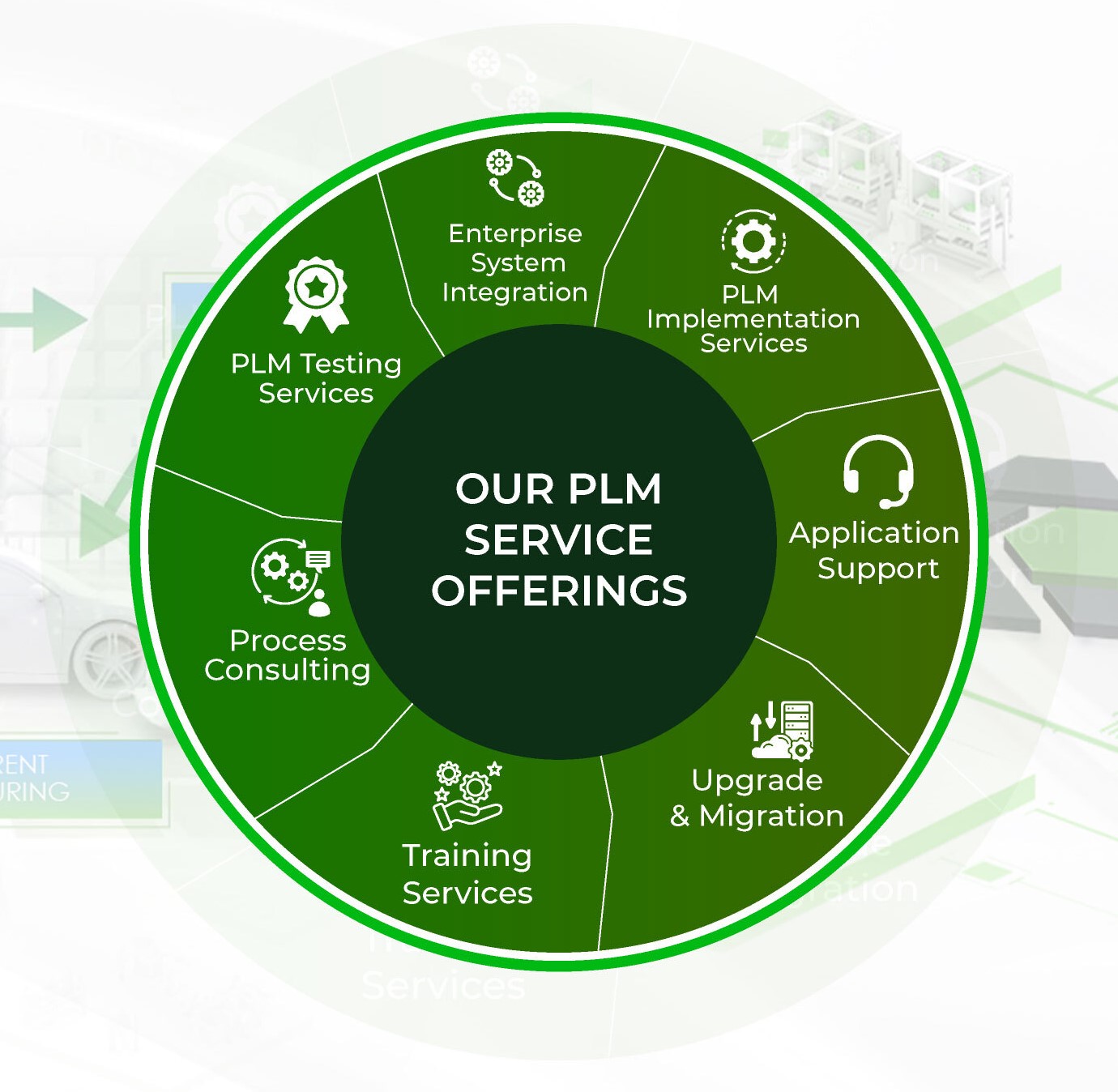Unlock Greater Value With PLM Services
In today’s fast-paced marketplace, accelerating product development and enhancing efficiency are key to staying ahead. Navigating the complexities of the product life cycle, from its creation to final production, presents significant challenges. This is where Product Lifecycle Management (PLM) software becomes indispensable. As a reliable PTC Windchill partner, Modelcam Technologies can guide you through implementing a PLM system that exposes hidden efficiencies, enhances your processes, and strengthens your profitability.







